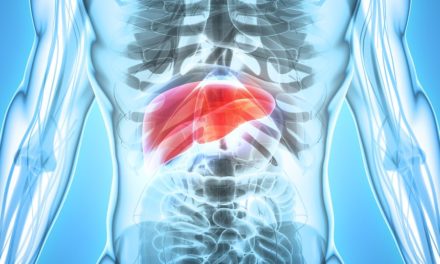 Up until recently, there were no drugs that produced good results for hepatitis C patients. Now there are drugs that can actually cure the disease in a large percentage of patients who have the disease. The bad news is the the drug cost is about $1000 per pill and the pill is to be taken daily for 12 to 24 weeks. There are ways to support the liver and to fight viruses naturally. Carnitine supplementation may help prevent fatty liver caused by interferon therapy (the old medical therapy offered to sufferers of hepatitis C), according to research appearing in Digestive Disease and Sciences (Volume 53, Number 4 / April, 2008). Research appearing in the Journal of Nutritional Science and Vitaminology (2007; 53(3): 213-8) indicates that taking zinc can prevent some of the damage done by interferon therapy, as well as improving response to that therapy. Other research appearing in Biological Trace Elements Research (1997;58:65-76) found that those with high zinc levels responded better to medical therapy.
Up until recently, there were no drugs that produced good results for hepatitis C patients. Now there are drugs that can actually cure the disease in a large percentage of patients who have the disease. The bad news is the the drug cost is about $1000 per pill and the pill is to be taken daily for 12 to 24 weeks. There are ways to support the liver and to fight viruses naturally. Carnitine supplementation may help prevent fatty liver caused by interferon therapy (the old medical therapy offered to sufferers of hepatitis C), according to research appearing in Digestive Disease and Sciences (Volume 53, Number 4 / April, 2008). Research appearing in the Journal of Nutritional Science and Vitaminology (2007; 53(3): 213-8) indicates that taking zinc can prevent some of the damage done by interferon therapy, as well as improving response to that therapy. Other research appearing in Biological Trace Elements Research (1997;58:65-76) found that those with high zinc levels responded better to medical therapy.
Milk thistle, of course, has a good hepatoprotective track record. Research on 40 subjects with hepatitis C, published in the Journal of Medical Virology (2008; 80(11): 1900-6) looked at the effect of supplementing with silibin phospholipids (from milk thistle) and vitamin E complex. Supplementation reduced serum markers indicating liver cell destruction. Similarly, glycyrrhizin can mitigate liver damage. Glycyrrhizin is obtained form licorice root and has been used to treat chronic hepatitis for decades. Research appearing in the American Journal of Gastroenterology (2001;96(8):2432-2437) looked at patients with ALT levels at least 150% of the upper normal limit and biopsies that show mild to moderate cirrhosis. Subjects were given either an IV dose of glycyrrhizin or a placebo. Subjects receiving the licorice extract had significant reduction in ALT, averaging 26% in those being treated three times each week and 47% reduction for those being treated six times each week. No change was experienced by the control group. There were minor side effects for some members of the glycyrrhizin group; glycyrrhizin can raise blood pressure. There was also peseudoaldosteronism an, hypkalemia and sodium retention in some of those being treated six times each week.





